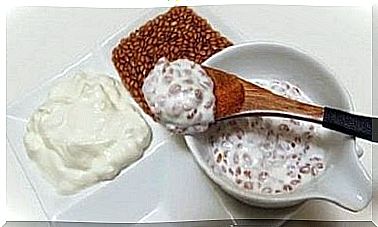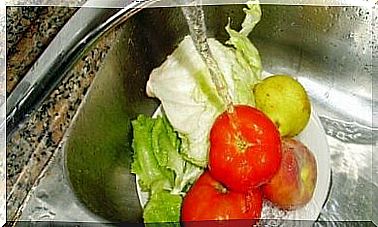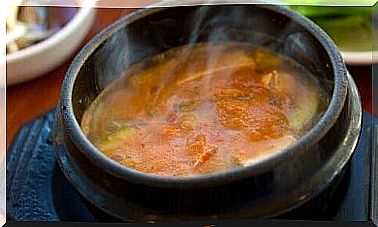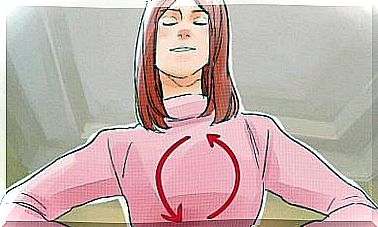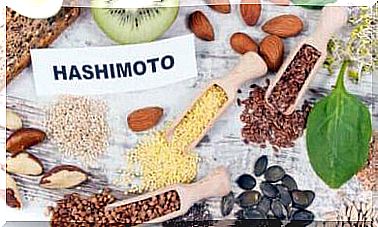How To Soothe Hiccups In Infants?
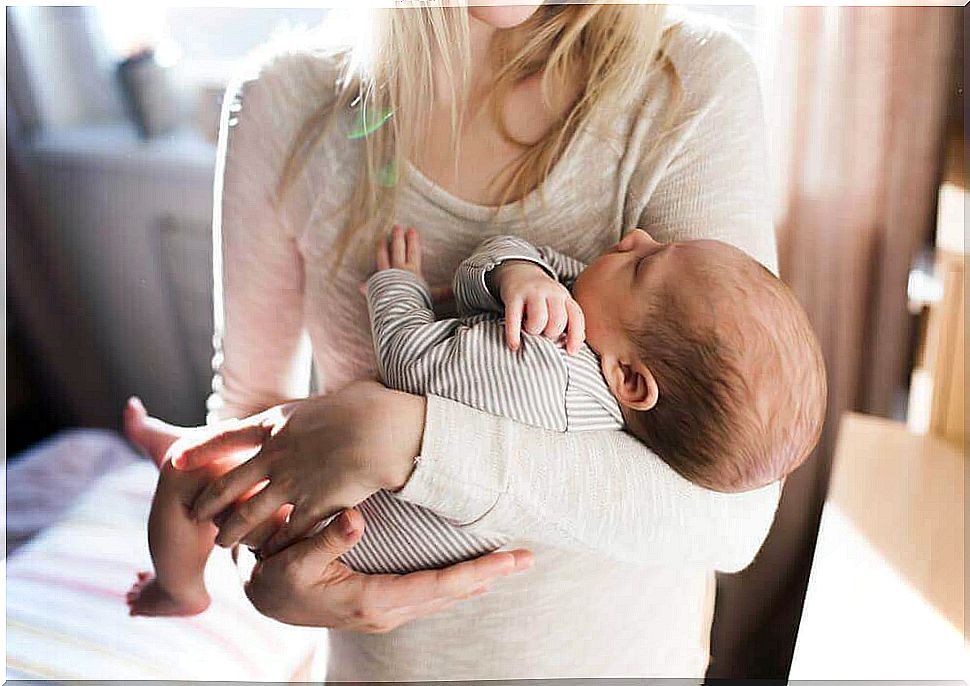
Hiccups in infants can be a little worrying for parents, especially when it happens often. But anyway, contrary to what many people think, the little hiccups are not something serious, nor is it annoying to the little one.
Most newborns experience it eventually, but it is harmless and requires no specific treatment. In fact, just as suddenly as it occurs, it also disappears by itself.
For some parents, it is annoying that this is going to bother their child over and over again. Even if it is not serious, they almost always look for a solution that can make it stop.
Fortunately, various tips have been shared over the years to soothe it in just a few minutes.
What is hiccups?
Hiccups, also known as singultus, are a symptom that is produced when the diaphragm contracts in a repetitive, involuntary manner that makes a sound. The membrane separates the lungs from the stomach, and plays an important role in breathing.
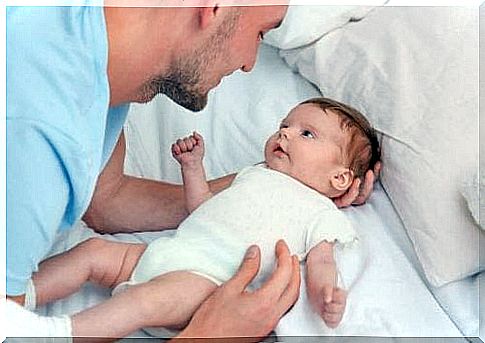
When we hiccup, instead of inhaling air, we exhale. In addition, the vocal cords are closed, and thus comes the characteristic sound “hip”.
Usually the hiccups disappear quickly. It is not dangerous, and babies breathe normally again after a short time.
Hiccups in infants: Why does it happen?
Exactly what causes babies to hiccup has not yet been determined. But there are several theories. The most accepted suggest that a newborn baby has immature nervous and digestive systems.
Immature nervous system
The nervous system is what controls the muscles in the body. When an irritation of the spinal and vagus nerves occurs, it triggers involuntary movements in the membrane.
How does this affect the baby?
All indications are that it is the immature systems that cause the occurrence of hiccups in babies. If a baby’s organs are more immature than in other babies, they will also have hiccups more often. In addition, the symptom occurs more often before they are six months old.
Immature digestive system
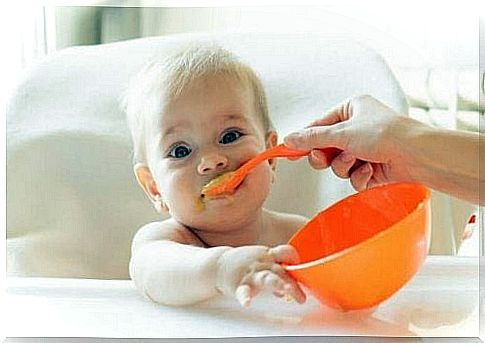
Babies have an immature digestive system, and are more prone to get symptoms and discomfort as a result. Since digestive tract often overstimulates the membrane, there are other reasons that can cause hiccups:
- The stomach is stretched by air that enters when the baby drinks milk.
- Difficulty attaching to the nipple can cause air to enter.
- Use of a pacifier with an inappropriate form for the baby’s physiology.
- Bottle nipples with very large or very small holes.
- Unsuitable body position when the child eats.
- Gastroesophageal reflux.
- Anxiety or emotional stress.
- Changes in gastric and body temperature.
- To put your child down “early”, ie before he / she has belched at least once.
- Inappropriate food in the baby’s diet.
How to soothe hiccups in infants?
Hiccups usually last only a few minutes in babies. Therefore, it is usually not necessary to make a big effort to stop it.
However, when you consider that it disturbs the parents, it may be helpful to know some techniques to make it work faster.
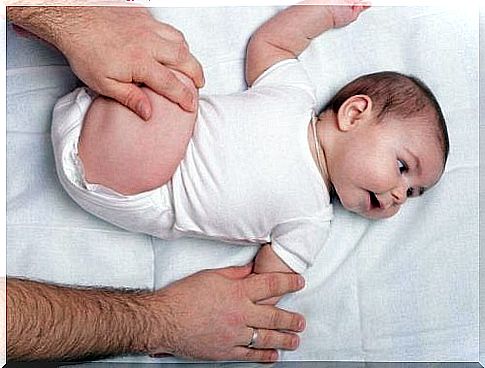
These tricks are not a “miraculous” formula to get rid of hiccups immediately. In fact, they do not work in all cases. But they are worth a try.
Below we will show you the most common ways:
- The way breastfeeding works has a lot to do with the fact that babies hiccup a lot. Because of this, it is important for the mother to feed the baby when she is calm and before she is very hungry. That way, your baby will eat slowly and not swallow as much air.
- If the baby is hiccuping when he / she eats, the first step will be to change position, and to try to get him / her to burp and relax. It is best to wait until the hiccups have passed before continuing to breastfeed.
- When your baby eats too fast, it is best to stop and start again after a few minutes. The goal is for the baby not to swallow as much air when he eats.
- When he has finished eating, it is advisable to keep the child in a vertical position to get extra air.
- Considering that temperature can also cause hiccups, it is important to keep your baby warm.
Hiccups are a natural phenomenon, which does not cause the baby any pain.
You should only consult a pediatrician when it is followed by intense crying, or if the hiccups last for many hours.

